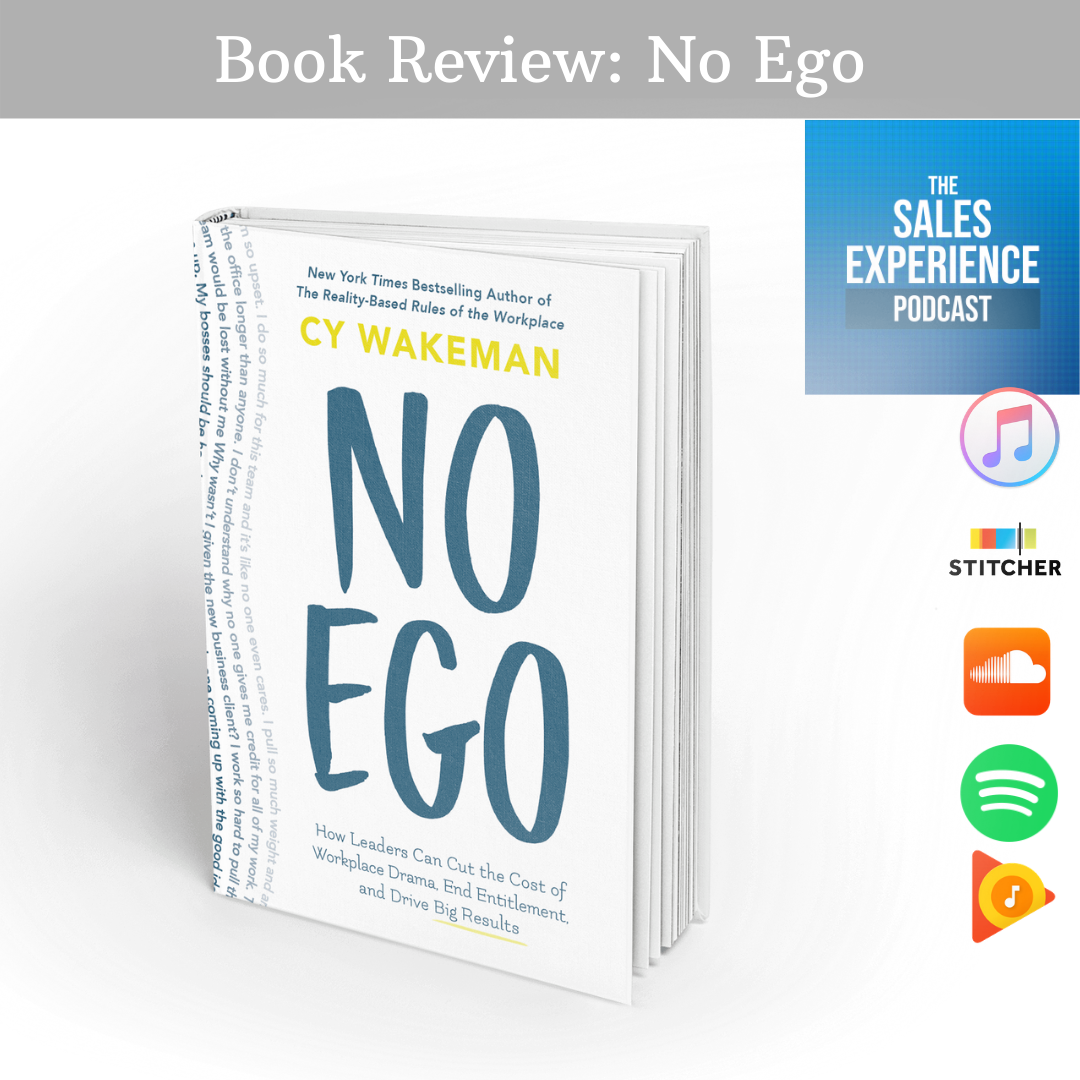Episode Transcript
Step two, phase two of the authentic persuasion pathway is empathy, right? So we had rapport, and now we have empathy. Now, why do I use the word empathy? And why do I call it that?
Because here's what this step fundamentally is. Here's the, let's call it the action step. This is what you're doing in the second phase of the authentic persuasion pathway.
Is this is discovery. So this is where you're asking questions, you're going through your process of fact finding, you're doing your probing, you're doing your detective work you're doing your analyzing, you're trying to get to the heart of the matter, and get the information you need. Now, here are some things.
With where this can be a challenge and where people don't necessarily do it effectively. It's not that it's right or wrong, right? There is no right or wrong, good or bad. It's really a function of, is it effective? Are you getting the results, especially in your sales career, in your sales conversations?
Are you getting the results that you want? Are you being as effective as you could be? Yes or no. If not. Then maybe there's some things you need to look at. That's why in the first couple of weeks, I talked about the traits of being a successful sales professional and making yourself into that. And the first one is being open.
That's why that's number one, not persistence, not creativity, not hustle, not grit. Number one is open. If you're not open, none of that stuff, you can have all the grit in the world you want, but It doesn't matter if you're not open and you're not trying to learn and you're not wanting to improve, then you're just a bull in a china shop and it's going to be terrible for everybody.
So the thing is that it's all about asking questions. Here's what happens though. Here's what I see a lot of times is that somebody in sales, they fall in love with what they're selling. Which is good, right? One of the biggest things and this came up yesterday in the conversation. I had one of the questions that was brought up with the students in that class.
It was talking about selling something you believe in, right? And which was great. I love when that comes up, especially younger people, new people in sales that want to get into sales. What about picking something or selling something you believe in? I want people to fall in love with what they sell. I want people to be passionate and excited about what they sell.
Nothing is worse for you or your potential customers when you're selling something you don't believe in or don't care about. And generally just doing it for the money. And that also doesn't feel good, right? People can tell you can tell it doesn't work. And I promise it won't lead to long term success.
Like I've never seen somebody who doesn't care about what they sell or dislikes what they sell or think that thinks that it's dumb. I've never seen them be effective long term just doesn't work. You can't fake it when you're trying to sell something. So you want to be in love with what you sell. That is so important.
It is vital. And. What I also see is that most companies think that what they sell what they provide their product or their service is amazing. It is the best thing ever cliche. It's the best thing since sliced bread. It's what everyone wants. They're in love with it as well. Like the founder, the creator, the CEO, whoever's running that thinks we are the best.
This is the best thing ever. Everybody should want this. When that scenario happens and you have the intersection of a company that thinks they have the best thing for everybody and then you have a salesperson who's in love with that, went through training, came on board, drank the Kool Aid, they feel like they're, what they're selling is the best thing, which Some amount of that is important, but when you combine those together, what I find a lot is that when somebody is then having conversations and selling to people, what they do is they're just assuming everyone wants it.
Why does that matter? And why does that important right now, when I'm talking about this empathy step, which is the discovery step is because. When that happens, then people don't feel like you care about them, because what happens is you're just lecturing, you're explaining how great everything is, you're telling them you're giving them a monologue and a sermon about how amazing you, your product, your brand, your logos, your testimonials, your social proof, like how great you are, and not spending enough time about asking questions, and ensuring that the other person feels like you actually care about them.
![[713] Empathy in Action](https://episodes.castos.com/salesexperiencepodcast/images/1636467/c1a-4d8w-498xpn3ms2rv-nq7r5z.png)


